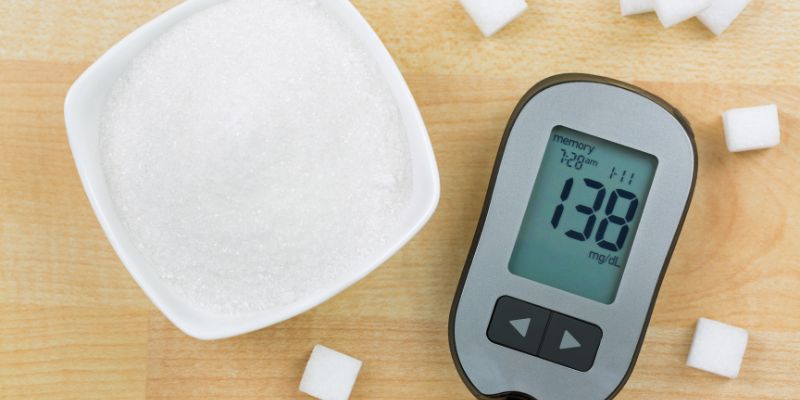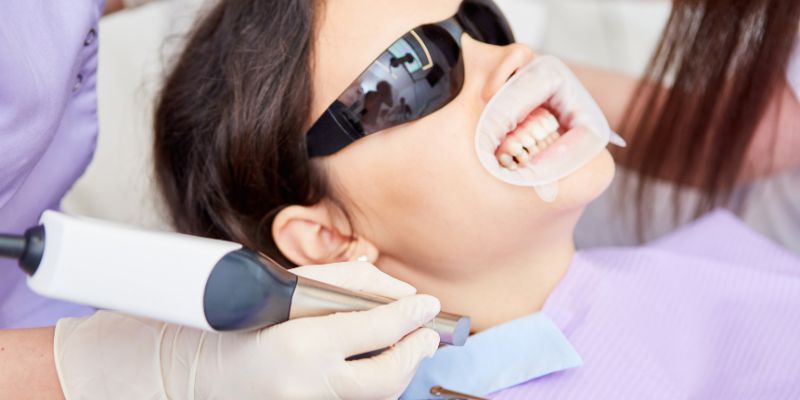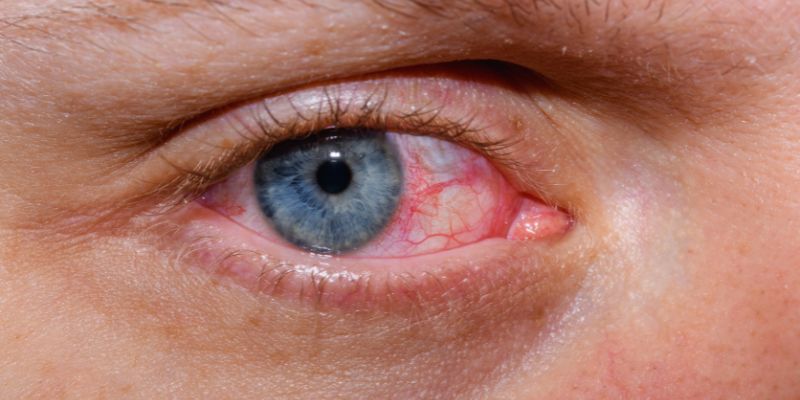Teeth Whitening at Home vs. Professional Treatments: Which is Best
A great smile makes one confident and creates a memorable effect. However, stains on teeth can reduce that brightness and cause self-awareness. Luckily, there are several ways to whiten teeth, from basic at-home fixes to sophisticated expert procedures.
However, given so many choices, it might not be easy to choose which best suits your circumstances. Are you wondering how to get teeth whiter and get long-lasting effects? Every approach has advantages and disadvantages, so that the correct one can make all the difference. The efficiency of both professional treatments and home-based teeth whitening will be discussed in this article. Let us begin your path to brighter teeth.
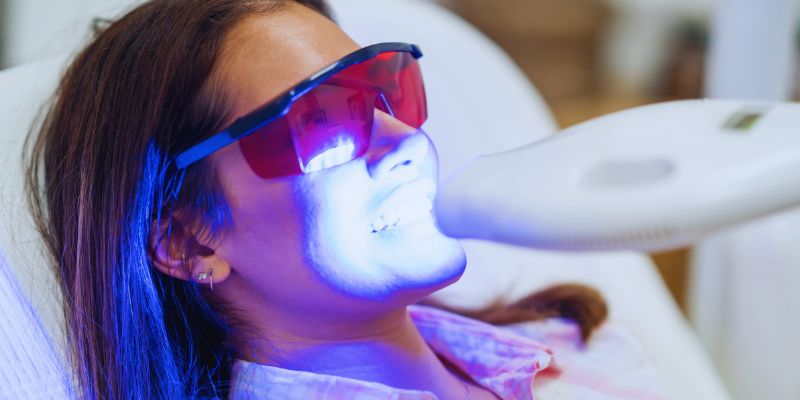
How Does Teeth Whitening Work?
If you're wondering how to actually whiten teeth, it's important to understand how whitening products work and what they do to stains. Teeth whitening uses chemicals that either dissolve or break down the stains on your teeth, therefore restoring their natural brilliance. Both of these chemicals release oxygen molecules. Hydrogen peroxide or carbamide peroxide is the most often occurring active ingredient in whitening products. These molecules break down the stains on your teeth into smaller particles, therefore reducing their apparent visibility.
Using tooth whitening products causes the peroxide to enter the enamel and occasionally even the dentin layer under it. It lets the treatment target deeper, inherent stains over time, as well as surface stains brought on by food and drink. Higher peroxide doses used in professional treatments can yield faster, more obvious effects. With treatments like strips or toothpaste progressively lightening spots, at-home whitening follows a slower but successful approach.
Which is the Best: Home Whitening or Professional Treatments?
Two basic ways to get a better smile are professional treatments or DIY teeth whitening. Though their efficacy, cost, and convenience vary, both choices offer whiter teeth. Let's examine the specifics and weigh them against one another to assist you in determining which is ideal for you.
Cost
One of the main variations between professional treatments and home whitening is expense. For individuals on a tight budget, at-home whitening solutions such as toothpaste or strips are reasonably priced and, hence, rather popular. Conversely, because of their advanced processes and stronger whitening chemicals, professional whitening treatments sometimes cost more. Home whitening is the best choice if you're trying for a reasonably priced solution.
Effectiveness
Generally speaking, professional therapies are more successful than do-it-own approaches if you're looking for clean and white teeth. Stronger whitening agents are used by dentists, such as higher doses of hydrogen peroxide, which can provide quicker and more obvious results. For those wondering how do you get super white teeth in a short time, professional whitening treatments like laser whitening are the fastest solution. For moderate stains and slow whitening, nevertheless, home whitening products can still be quite successful. Significant results take more time to manifest.
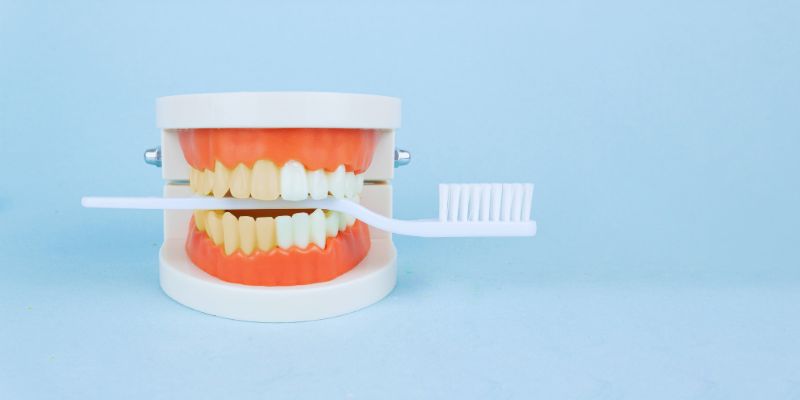
Speed of Results
Professional whitening is your best bet if you want quick results. If you're asking how do you get your teeth white fast, in-office procedures like laser whitening are your best bet for noticeable results in just one session. Although powerful, home whitening treatments might take weeks to produce obvious results. Professional whitening, therefore, excels in terms of quickness if you're pressed for time.
Convenience
Convenience is obviously one major benefit of home whitening treatments. Without making appointments, you may whiten your teeth at your speed and the convenience of your own. Easy to use and fit for your everyday routine, include whitening toothpaste, strips, or gel trays. Conversely, professional whitening calls for a dental visit, which could be less handy for people with hectic schedules.
Longevity of Results
Generally speaking, professional whitening procedures produce effects that last longer than home whitening techniques. That is so because the bleaching agents used in dental offices have more power. Especially if you have proper oral hygiene, professional treatments can last several months. Although home whitening is efficient, to keep the same degree of brightness, it may need several touch-ups.
Customization
Expert whitening processes are quite flexible. Dentists can customize the treatment to fit your particular requirements, including changing the whitening agent concentration or correcting deep stains. This customized method guarantees superior outcomes, particularly for people with more stubborn stains. Conversely, home whitening provides little opportunity for personalization. Although you have options among several solutions, the outcomes might not be as exact or focused.
Safety
Used properly, both DIY and professional whitening can be safe. Professional treatments, however, typically under the direction of a dentist help to lower your enamel damage or overuse risk. Although at-home whitening treatments are usually harmless, overuse increases the risk and could cause gum inflammation or tooth sensitivity. See a dentist to guarantee that expert whitening is carried out securely, therefore reducing the hazards.
Does Teeth Whitening Work on All Teeth?
While it doesn't work equally well on all kinds of teeth, most people will find white teeth treatment to be rather successful. Mostly addressing surface stains brought on by food, smoking, and poor mouth care, whitening treatments. These stains are simpler to remove; hence, whitening products will greatly enhance the look of your smile. Whitening might not be as effective, though, on some kinds of discoloration.
These stains are often more resistant and require more sophisticated procedures like veneers or bonding for obvious outcomes. Furthermore, less effective dental restorations such as crowns, fillings, or veneers are whitening procedures. These materials retain their color instead of reacting to whitening treatments like natural teeth do, producing an uneven look. See a dentist to ascertain if teeth whitening is appropriate for your type of teeth for optimal results.
Conclusion:
Whether through home treatments or expert procedures, teeth whitening is ultimately a great approach to improving the brightness of your smile. From price and convenience to quick results and long-lasting impacts, every choice presents special benefits. For superficial stains, home whitening is effective; for deeper stains specifically, professional treatments offer faster, more obvious improvements. The best approach will ultimately rely on your time, money, and intended result. See a dentist to ascertain the most appropriate course of action depending on your particular situation and state of teeth for optimum outcomes.

